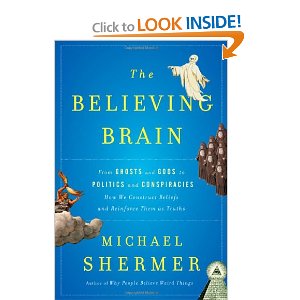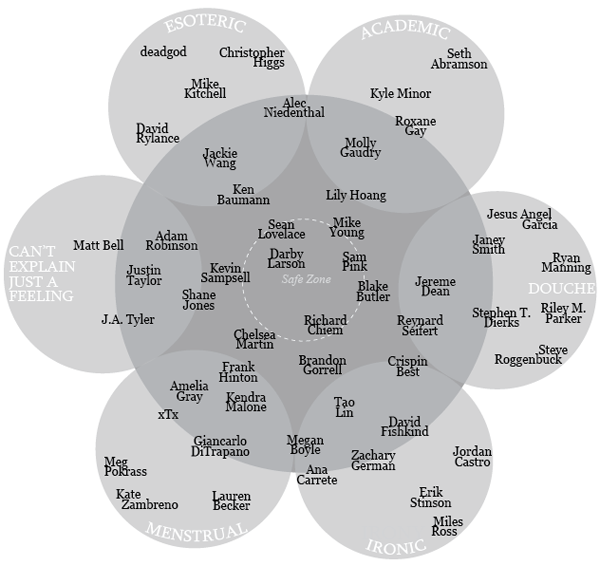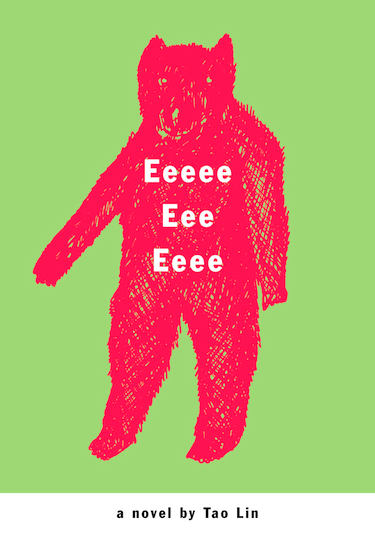60
Likes: Penis shorts. Announcers who just say things. Announcers who call the basket “the hole” and “the well.” True no-look at 1:36. Bird threatens a mullet. Oh fuck it, Bird goes mullet. NBA players with flabby, spaghetti arms. McHale ugly and gracious. Robert Parish wearing number 00. Robert Parish having 2 ounces of weed Fed-exed to his door in 1991, busted, pays fine of $37. Ainge much like a gray squirrel. Socks striped. Socks up to knees. Opponents (Atlanta Hawks) falling off bench/waving towels/cheering for (4:13, 5:07, etc.), Bird. DJ gravitas. No one in crowd texting. Cameraman at 4:52 frames up stark silhouettes of back of crowd member’s heads–attempt at cinematography. Shot at 4:13 (slo-mo 4:48) will make you laugh or go get a beer: They both release endorphins.
Dislikes: Fan in salmon colored shirt (3:55). Not a good hue. It makes a person appear sallow.
Q & A #7
If you have questions about writing or publishing or whatever, leave them in the comments or e-mail them to roxane at roxanegay dot com and we will find you some answers.
1. Do editors pay big attention to gaps with no activity, the way I’ve heard employers do with resumes? Like if you had 3 things published 4 years ago and now nothing and you’re wanting to get back into it.
I equate publishing to a certain, necessary loss of innocence. Anyone care to expound?
Notes For Teaching Tao Lin’s Eeeee Eee Eeee
Over the past six weeks, I have been teaching a summer semester undergraduate literature course entitled “Reexamining the Body: Race & Gender in American Experimental Fiction.” After a week of introductory material, we dedicated one week (four days a week) to studying a single novel: Ishmael Reed’s Mumbo Jumbo (1972), Theresa Hak Kyung Cha’s Dictee (1982), Kathy Acker’s Blood and Guts in High School (1978), Salvador Plascencia’s The People of Paper (2005), and Tao Lin’s Eeeee Eee Eeee (2007). Each posed a different set of issues, which allowed us to discuss literature as contagion, as colonization, as assault, as enchantment, and as sedation.
To celebrate the last day of class, I thought I would share with you my notes for Tao Lin’s Eeeee Eee Eeee. These are basically the blueprints for my lectures, or what I use to begin thinking about what I’m going to say in class. In the interest of time, and in the interest of authenticity, I’ve decided not to correct or clean up or organize these notes, but instead share them as they appear in my Word Doc titled “Notes: Tao Lin Eeeeee.” It’s scattershot, sure, but that’s sort of how my brain works.
Thinking Around gowanus atropolis by Julian Brolaski
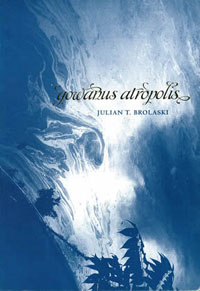 gowanus atropolis
gowanus atropolis
by Julian Brolaski
Ugly Duckling Presse, 2011
104 pages / $15.00 Buy from UDP
We no longer reveal totality within ourselves by lightning flashes. We approach it through the accumulation of sediments.
– Edouard Glissant
Every word in gowanus atropolis carries the traces of having been moved, altered, shifted. Even the undergirding of the lines and stanzas feels rearranged and restructured to create a different kind of progression, far from a logical exposition. Both syntax and spelling have been remade: “one ynvents a grammatical order / (& haf done).” We are in a specific post-industrial space, the New York City around the Gowanus Canal in Brooklyn, and we are listening to an elegy for the pastoral in a stridently non-pastoral setting, a polluted landscape struggling to survive. The experience of this landscape through words is only possible, Julian Brolaski seems to be saying, once everything has been pushed off its foundations a bit, with everything askance, a little slanted by the inclusion of a slew of portmanteaus, archaic words, macaronics, neologisms, transpronouns like xe, and of-the-moment slang. Suddenly even the most obvious and brutal contemporary slang seems bizarre and highlighted in the mass of new or n-used words. In the thicket of all these strange words, there are some we recognize, some which very few readers could ever possibly know and then others that no one has ever read on the page before. These (queer) words open up all sorts of possible readings, mis-readings and failed readings, and they also open up a space for play, for contradiction and confusion, for being lost.
August 5th, 2011 / 12:00 pm
House Wife Blues: Plath, The Bell Jar, and Writerly Neuroses

Yesterday, my boyfriend and I were out walking the dog, and I was feeling shitty about work as usual. Rounding the corner where the Bay meets the roadway, sun setting pinkly, I blurted out, “Sometimes I just wish I could be a housewife.” He looked at me and said, “Me too.”
That was the end of it. Which pissed me off even more. I wanted to have a legitimate conversation about what it means to be a housewife (which, by the way, I could never be in the 19050s sense), the fact that it’s not even an option anymore for most women. We’re worker bees now, too. It’s only fair. If I want to stay home, which I kind of do, I have to figure out a way to pull in enough income to pay the mortgage on the house I bought all by myself. I have to be able to pull my weight. Not to mention take care of the dogs, do the laundry, make dinners–all because I’m home, which somehow still means, not doing anything at all. My boyfriend would never say or think these things, by the way, but I would. I struggle with these concepts because I would feel guilty if I had the luxury to write. As if writing isn’t work. Writing poetry isn’t work, it’s what you do in your spare time.
In her essay “The Bell Jar at 40,” Emily Gould writes of Sylvia Plath:
PEN America Poetry Series
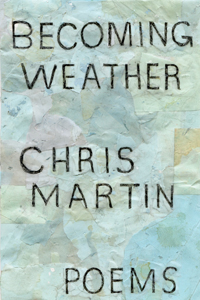 I just started editing a poetry series over at PEN America. If you sign up for the mailing list, we’ll send you new poems from rad poets 1-2 times a month (no adds, newsletters, promotions, etc). The inaugural installment includes two new poems from Chris Martin. Please check it out and sign up. I promise we won’t let you down.
I just started editing a poetry series over at PEN America. If you sign up for the mailing list, we’ll send you new poems from rad poets 1-2 times a month (no adds, newsletters, promotions, etc). The inaugural installment includes two new poems from Chris Martin. Please check it out and sign up. I promise we won’t let you down.
Author venn diagram

This pie chart illustrates what’s in my head in terms of what I think about writing, and who goes where. This of course is just a partial list, and my apologies for the lack of contemporaries, and women. Again, this is a view into my head, and probably subject to some disagreement. I think of all writing being from the head (pros: cerebral, conceptual; cons: didactic, dry), the mouth (pros: language, poetics; cons: empty banter, pure form), and the heart (pros: empathic, intimate; cons: sentimental, emotional) . My favorite writers, those in the white dashed center, are able to write from all three places. Other writers I admire are writing from two places. Others tend to fall into just one category, somewhat consumed by that point of view. Authors near the outer edges of their category may be seen as my critique of them, for the excessiveness of that sensibility. It would be interesting to see where you disagree, and why, and list those who I’ve failed to mention, and place them accordingly.



